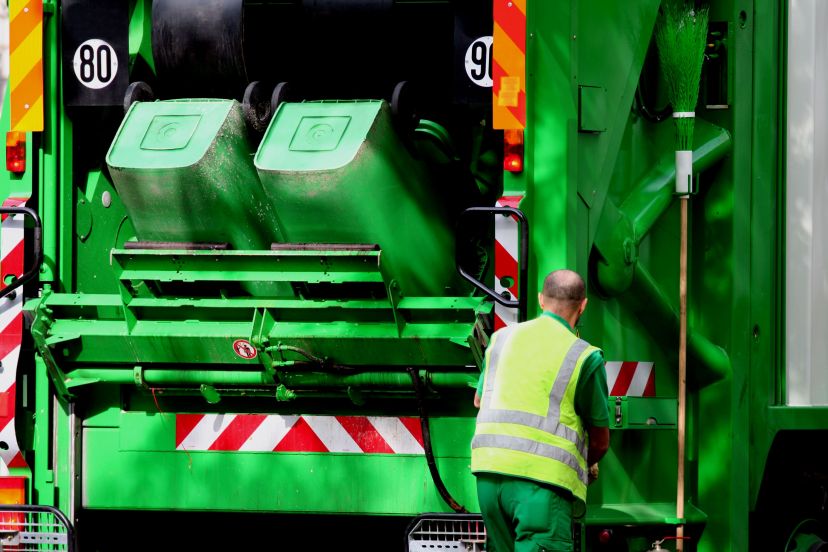Imagine; a system that converts discarded plastic into crude oil – that’s what an Oregon based start-up called Agilyx says it has created. The company hopes to start selling commercial versions in approximately nine months but a prototype has already been in development for the past 18 months.
The system converts cooked plastics into a gas and then condenses the vapor into a mixture of long-chain hydrocarbons that can then be converted into diesel, jet fuel or other substances through an assembly of pipes and vessels that will cost around $5 million.
According to Bob Schwarz, Agilyx’s chief financial officer, larger modules are on the way and one factory module can turn 40,000 pounds of recycled plastic into 130 barrels of oil a day. Out of seven to ten pounds of plastic, he said, we can squeeze roughly a gallon of gas.
To make the basic feedstock, trash companies would largely own and operate the machinery while refiners would process landfill oil into final products. Schwarz stated, “Plastic is where the population is,” and many systems would by default wind up on landfills near large cities.
To capitalize on the growing tide of waste and rising prices for raw materials, investors and large corporations are increasingly turning their attention toward technologies for recycling and “resource recovery.” A developing golden age of garbage is how some are describing it.
According to figures from the Federal Environmental Protection Agency the total municipal solid waste in the United States has grown from 88.1 million tons in 1960 to approximately 243 million tons a year. States like California who recently started collecting a recycling tax of 5 cents per square yard on new carpet sales prove that regulations provide further motivation.
Plastic is particularly attractive when it comes to waste streams that can ultimately be reincarnated.
While virtually everything in waste streams can ultimately be reincarnated. Accounting for around 25 percent of the nation’s total plastic volume, two trillion pounds of plastic now sit in landfills in the United States. According to industry figures the global volume of plastic grows 7 to 9 percent a year.
Although Schwarz did not divulge how much this trash crude would cost, he did say it would provide owners with a 25 percent rate of return on their investment.
Source: www.usatoday.com
Connect with us: Facebook – Twitter – LinkedIn – YouTube – Google +

